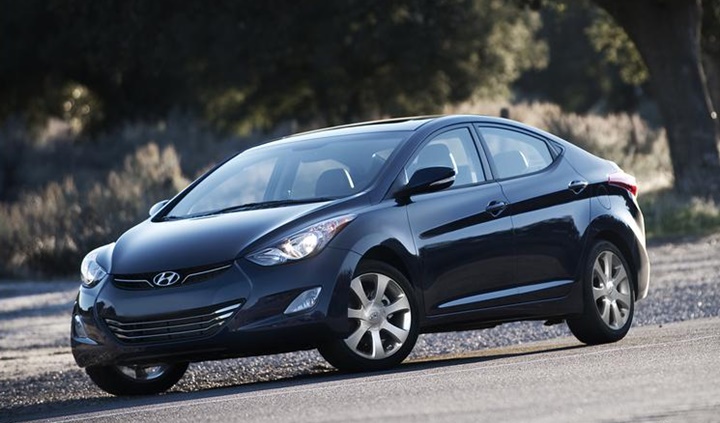If you own a 2011 Hyundai Elantra, then you may have experienced some mechanical problems in the past. Learn what those issues were and find out if you need to sell your Elantra for a new car.
The first problem to come up in many owners’ complaints was the engine. The engine has a tendency to tick and run rough, which can be dangerous.
Brakes
The 2011 hyundai elantra is a very popular car and a good choice for buyers looking for a small, economical and stylish sedan. However, there are some mechanical problems that can arise on this vehicle and it is important to know how to recognize them.
One of the most common mechanical problems that are found on the 2011 hyundai elantra are the brakes. These brakes can become problematic over time, especially if you don’t replace them as they should be.
Brake pads should be replaced every 30,000 miles or so, if you are driving on the highway or hauling heavy loads. The amount of time before you need to change the brake pads on your 2011 hyundai elantra will depend on the type of pads you have, how often you drive and what kind of roads you typically drive on.
The brakes on the 2011 hyundai can also be prone to a problem known as “piston slap.” This is the sound of the piston striking the piston rings. This has caused a number of complaints and prompted a recall on these engines.

Engine
The 2011 hyundai elantra’s 1.8-liter engine has plenty of pep to get it around town, especially when coupled with the six-speed automatic transmission. It also offers good fuel economy and a 38-mpg highway figure.
In keeping with Hyundai’s “Fluidic Sculpture” design philosophy, the Elantra’s exterior is clean and modern-looking. The interior is spacious and comfortable, with a strong safety rating.
Reviewers like the Elantra’s steering and braking. It doesn’t feel as sharp or precise as the Mazda3, but it handles well and does a fine job of keeping control.
The Elantra also gets world-class weight efficiency and power-to-weight ratios to ensure a smooth ride without sacrificing performance. Its MacPherson strut front suspension and torsion beam rear system make it a solid choice for daily driving.

Transmission
The transmission is one of the most important parts of a vehicle. It directs power from the engine to the wheels, so a transmission issue can put an incredible dent in your vehicle’s performance.
If your transmission starts to fail, you may experience problems like shifting delays, grinding when accelerating, or the car shaking on the road. These issues can be difficult to diagnose, but a few easy troubleshooting steps can help you fix your Hyundai Elantra’s transmission problem.
Most of the time, a transmission problem is caused by a low transmission fluid level. It’s simple to check the transmission fluid using a dipstick.

Electrical
Electrical problems can be a real nuisance. They can be caused by loose prongs, outlets or frayed wires.
When electricity is flowing smoothly between connections, there shouldn’t be a buzzing sound. But if you hear it, something isn’t right and should be looked at by a licensed electrician.
Another problem that can cause a buzzing noise is a faulty switch. It’s important to check this as well as other potential electrical issues, such as a breaker or fuse that’s tripped.
A faulty switch can also make the brake lights turn off or the car stop in park. It’s important to get this fixed as soon as possible before it becomes more serious.

